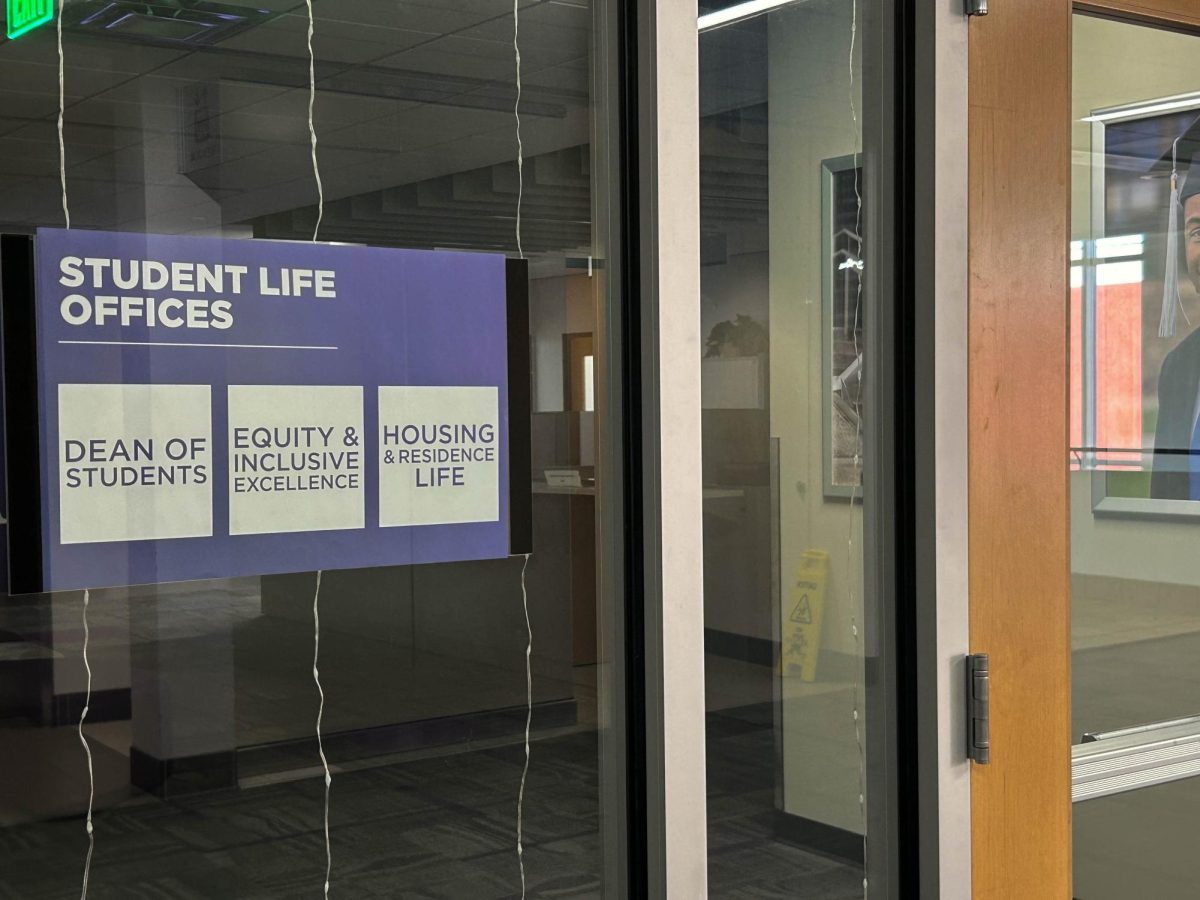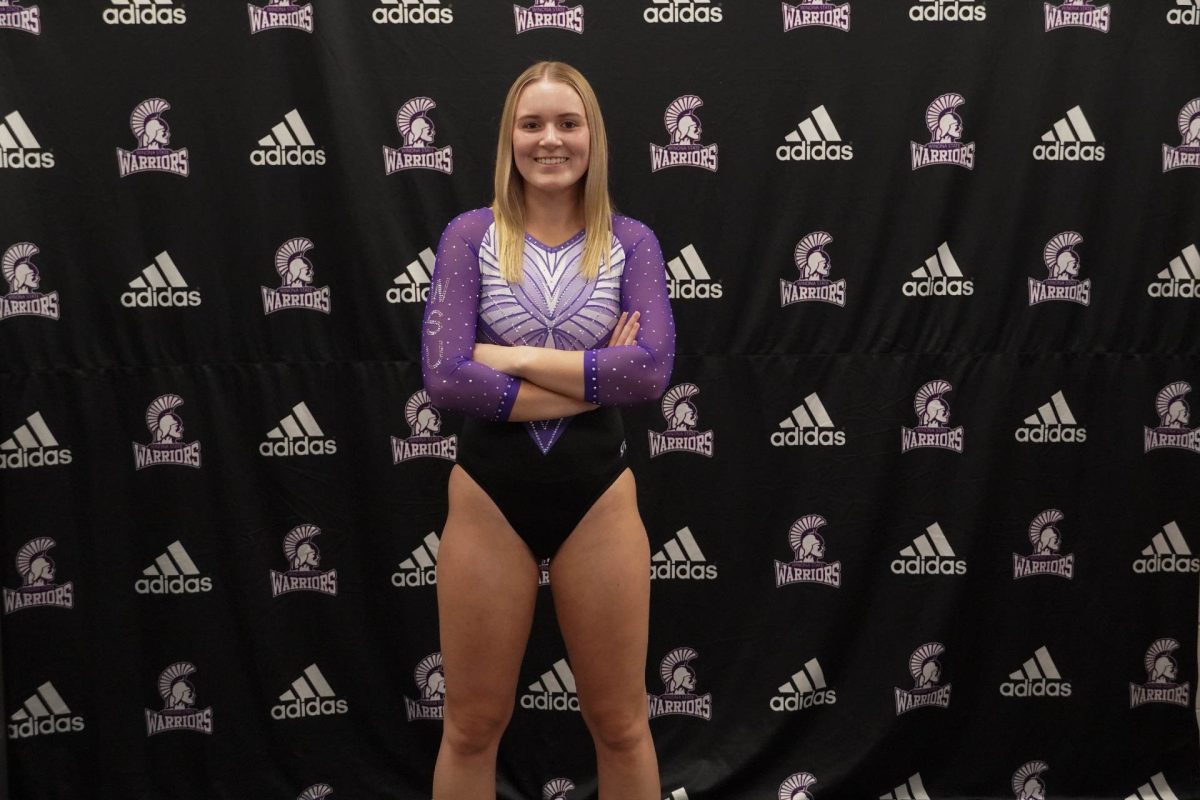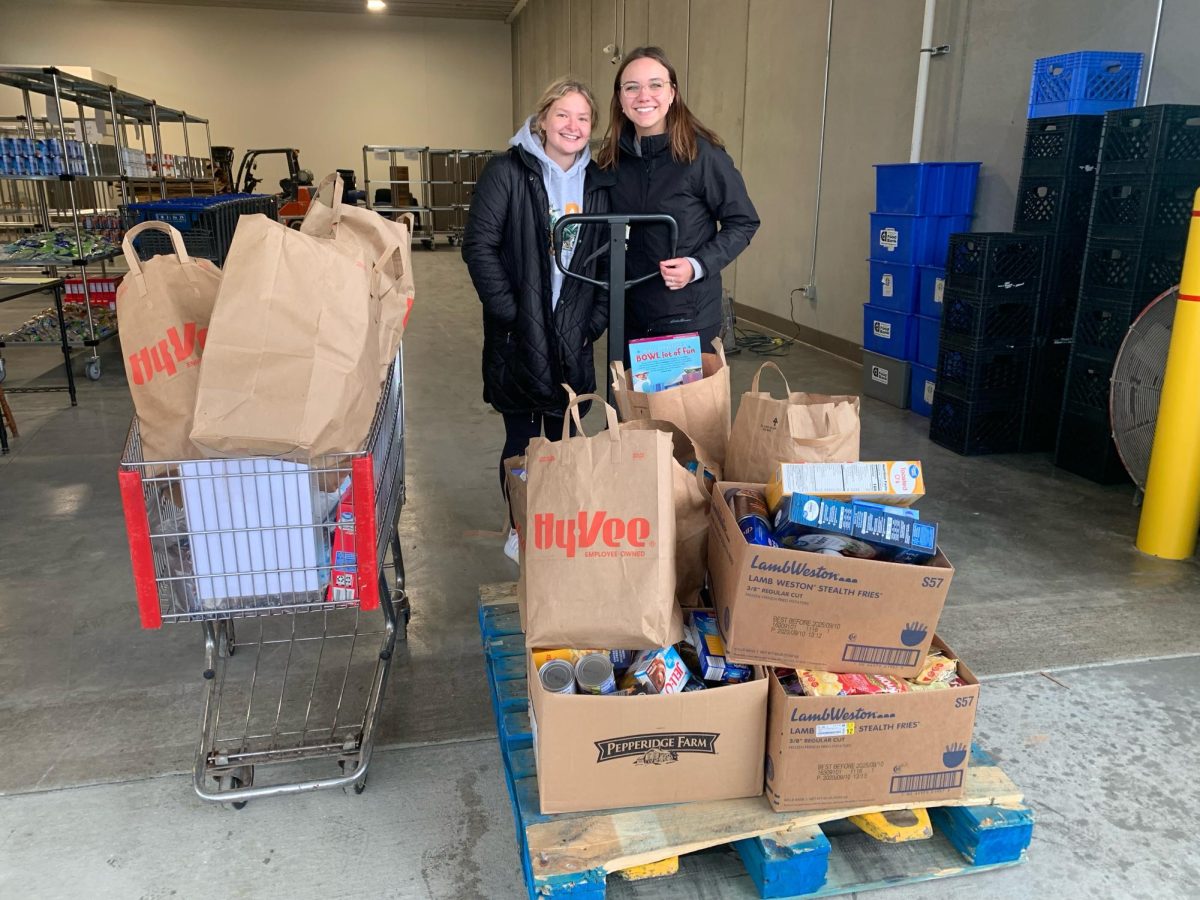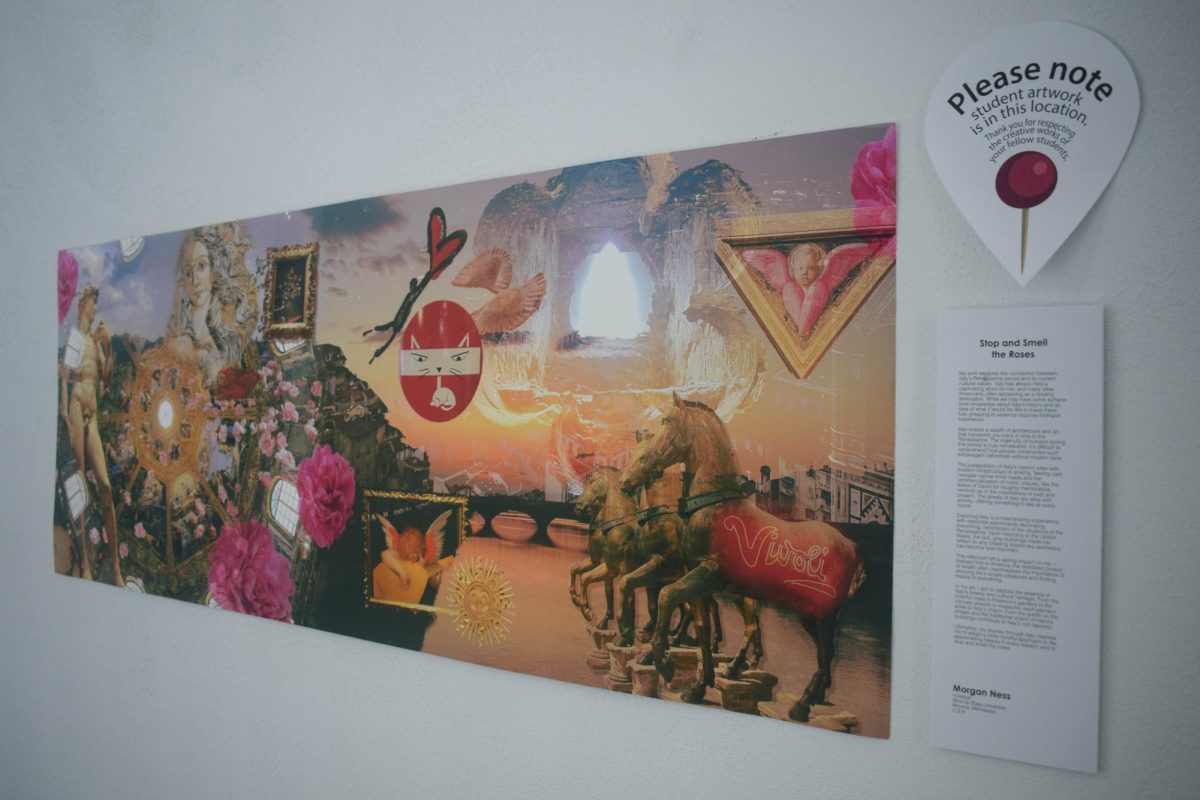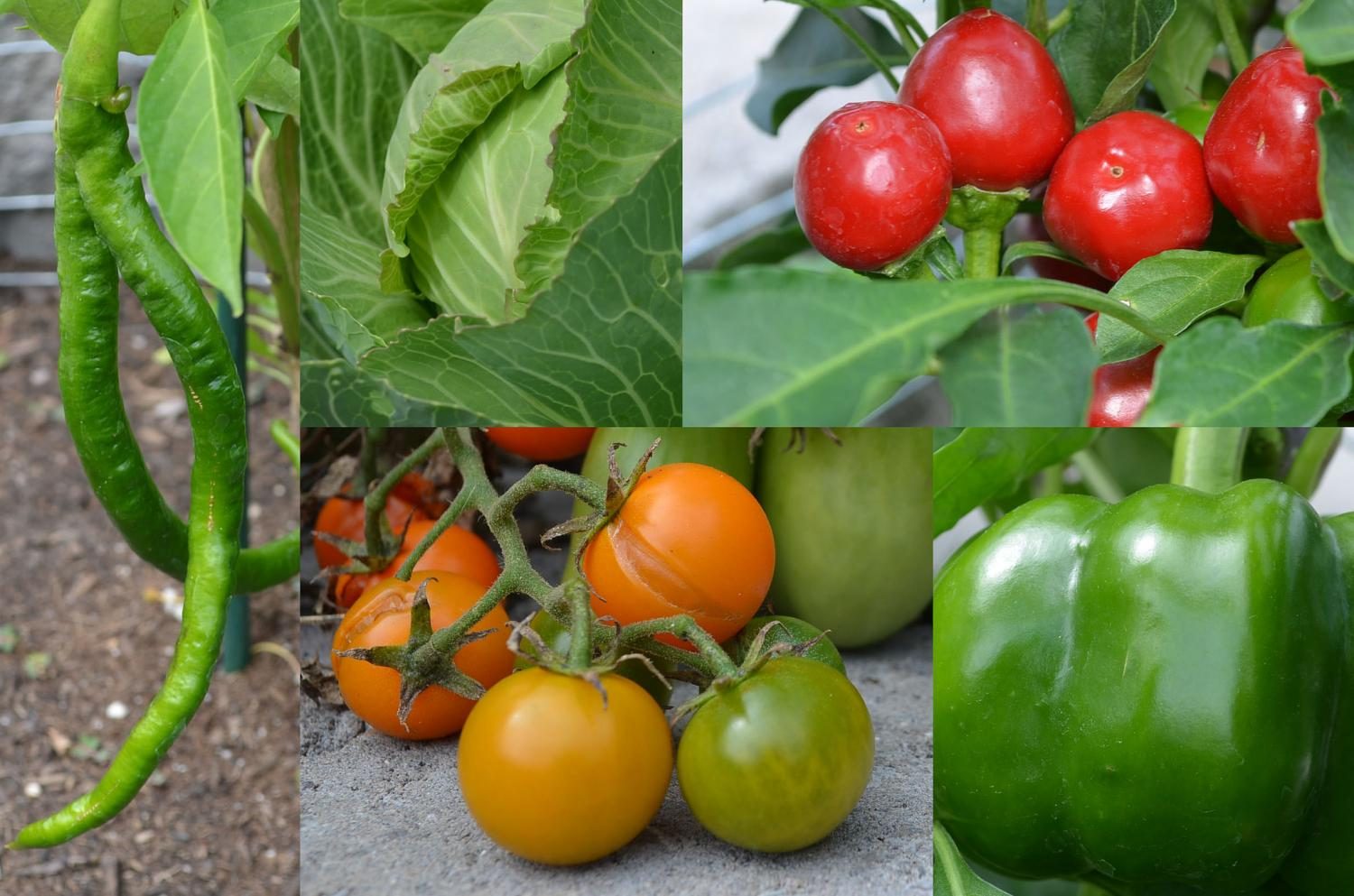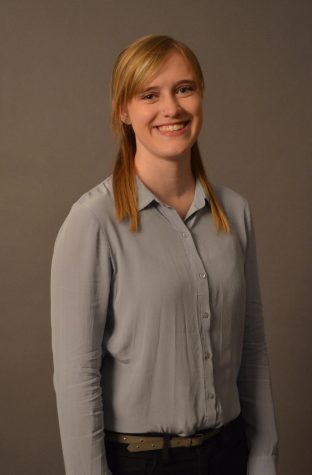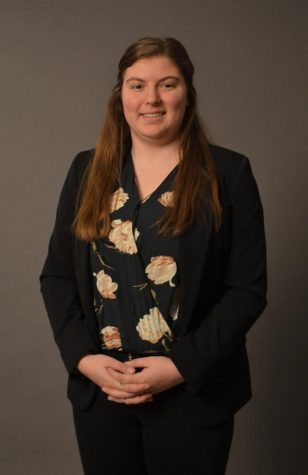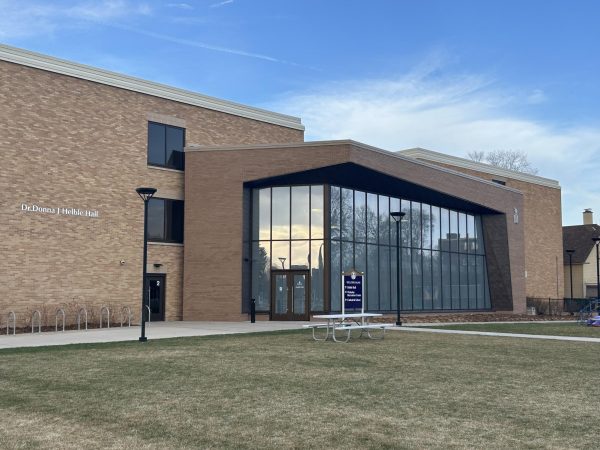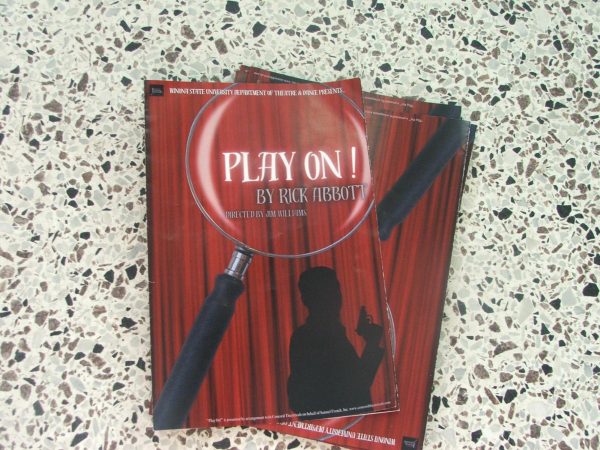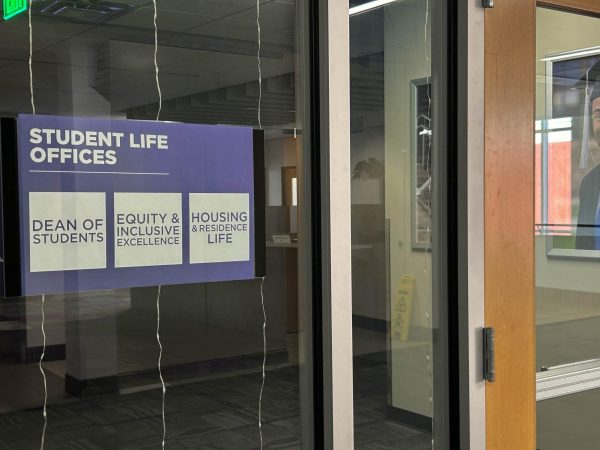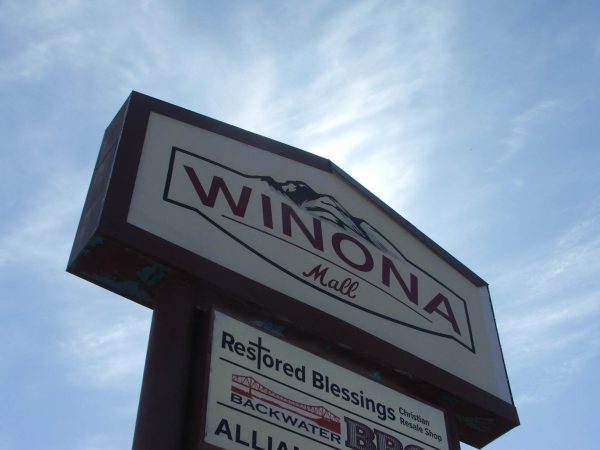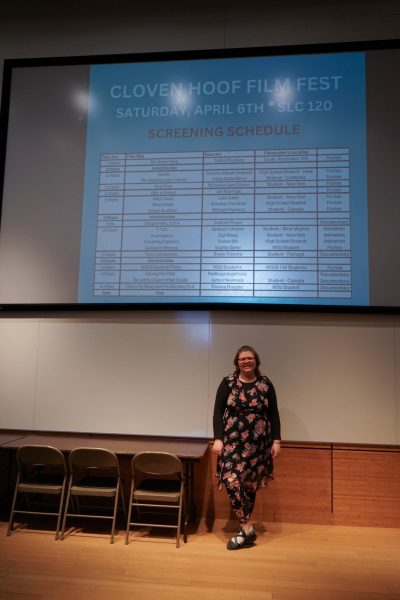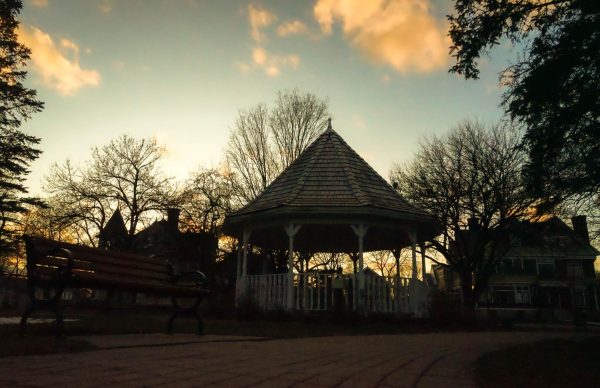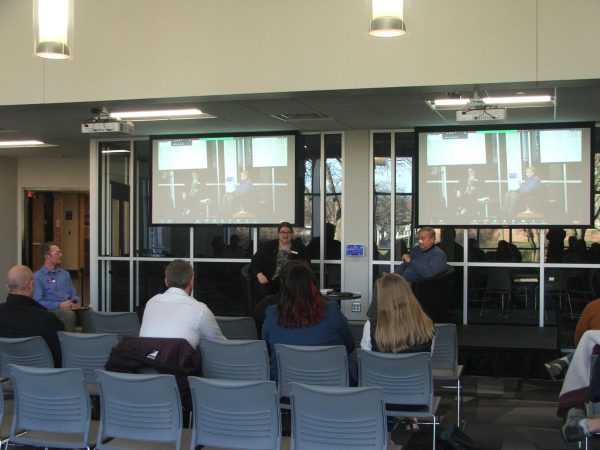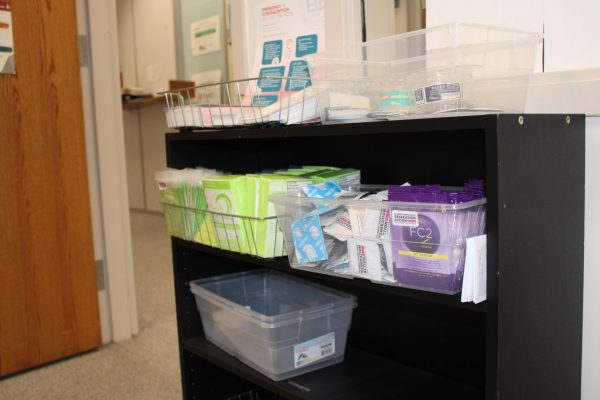Winona State moves towards sustainability
In a small garden behind the IT building, across from the Quad members of the community are welcome to any of the vegetables there. Winona State helps fund sustainability projects like this by adding a small green fee to the tuition.
August 30, 2017
Every student at Winona State University has a five-dollar fee attached to tuition called the green fee. This fee is used to fund a variety of sustainability projects on campus, like the new recycling containers found near buildings, water bottles for first year students, the SEED garden and a variety of other projects that result from students receiving a grant to better the Winona State campus.
Jeanne Franz, a chemistry professor and director of sustainability studies, reported that Student Senate created this fee in 2006. Some of the students on the senate were “champions” in advocating for a sustainable campus.
“[The students] imposed this fee upon themselves,” Franz said.
The students realized that the university was restrained by a budget back in 2006. The students became advocates for sustainable projects to make the Winona State campus more sustainable.
Each year, during fall semester, students, faculty and staff can apply for a grant through the green fee. The sustainability committee then votes on which projects get approved and move forward in making these ideas a reality.
“We [the sustainability committee] don’t want to seem like this gate that is really hard to open. We are also advisors to people who are considering applying,” Franz said.
Franz also said that the committee wants to approve as many projects as possible and will help applicants in order to get those projects approved.
One project funded through the green fee was SEED Garden. Jackson Ramsland, a public health major, was the creator of this proposal. The garden is a community where students and community members can pick vegetables if they need it.
Nathan Engstrom, sustainability director, explained that you do not need to be a part of a club or organization to use the SEED Garden.
“You don’t have to be part of a group, you don’t have to make an appointment, just if anyone has a need feel free to stop by and pick what you need,” Engstrom said. “Spend some time to water plants or weed the garden.”
He continued in stating that it is up to a community member’s own discretion as to participate in the garden or not.
For those who wish to visit the garden, it is located behind the information technology building and Central Lutheran Church. The IT building is located behind the Quad.
Another project that the Sustainability Committee approved last year was giving out free water bottles to first-year students. The idea behind this project was to reduce the waste caused by disposable water bottles, but Engstrom said that habit building was also a large goal of this project.
“It’s something that you got from the beginning, you start to get in the habit of taking it around with you and using it all the time. So, once you get into that habit, those habits tend to continue,” Engstrom said.
The committee put together a competition with the water bottles to encourage these habits. In the first-year orientation classes, they keep track of their usage for the previous week. The class that has the most usage by percentage wins a pizza party at the end of the semester.
To apply for grants such as these you can go to the Sustainability page on the Winona State website. Franz encourages people to apply as soon as possible because once the funds run out they are done approving grants for the year.
Interested applicants should contact Jeanne Franz or Nathan Engstrom.





